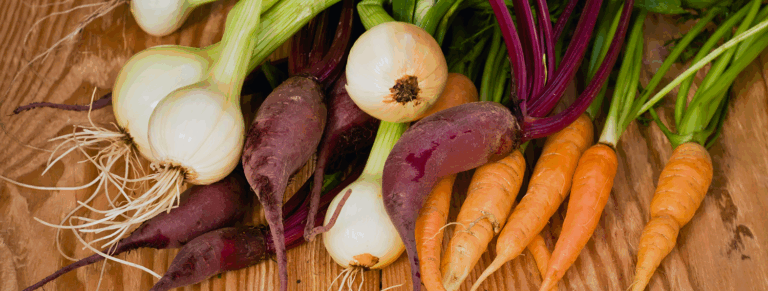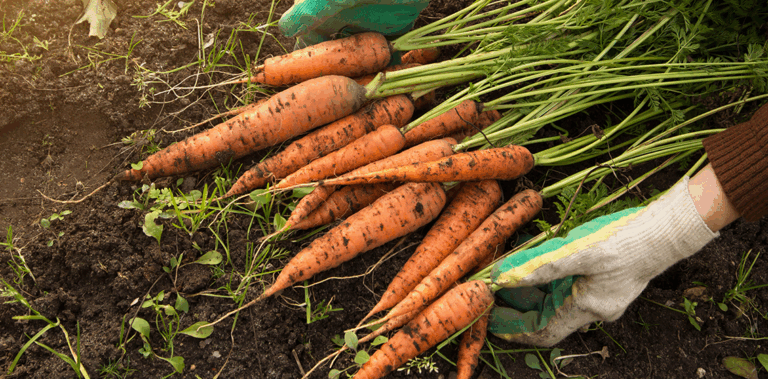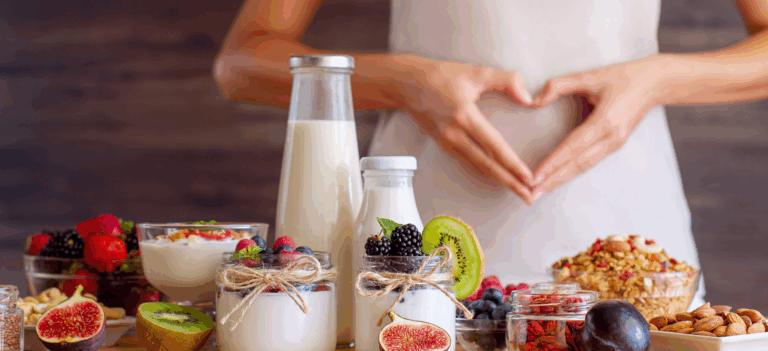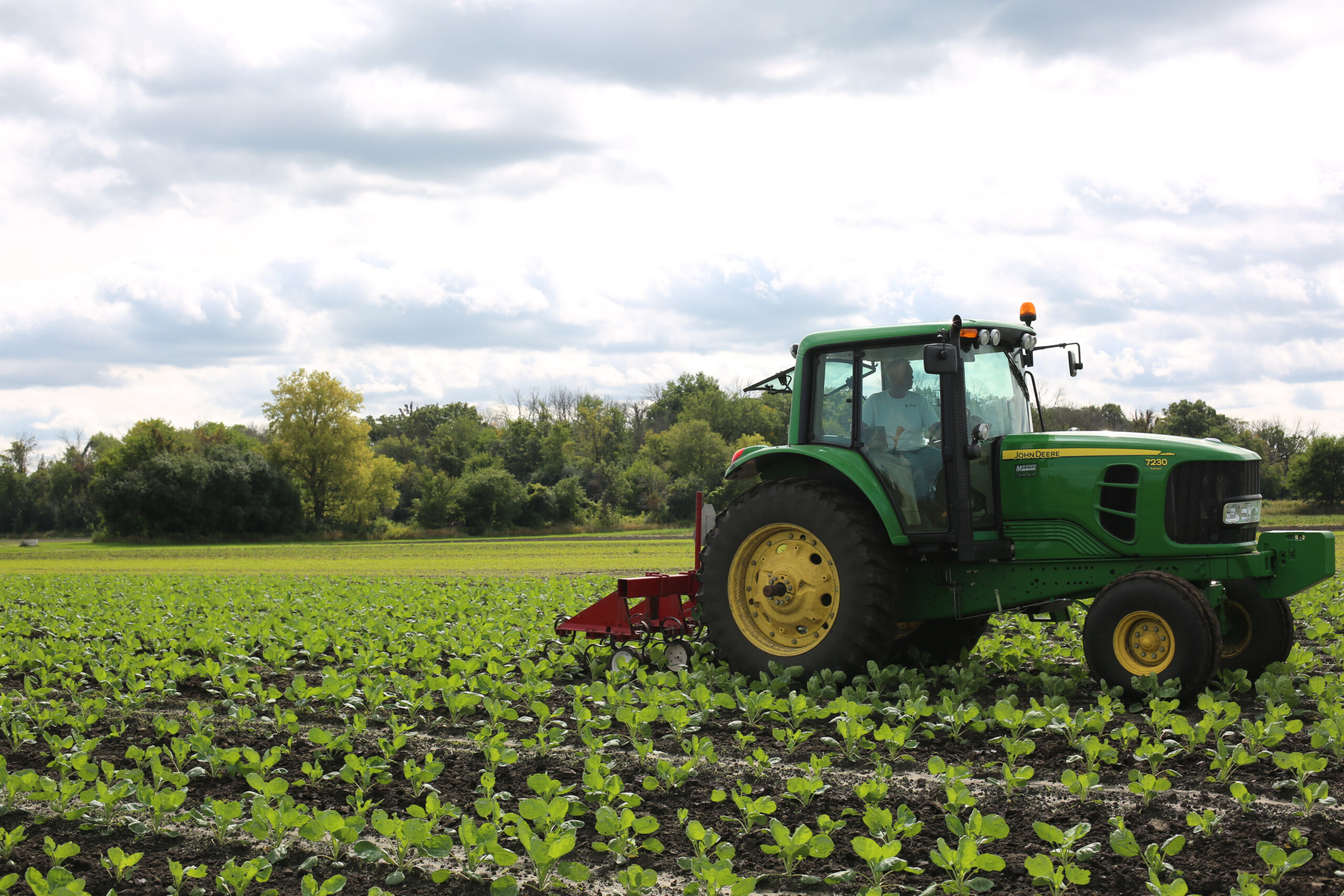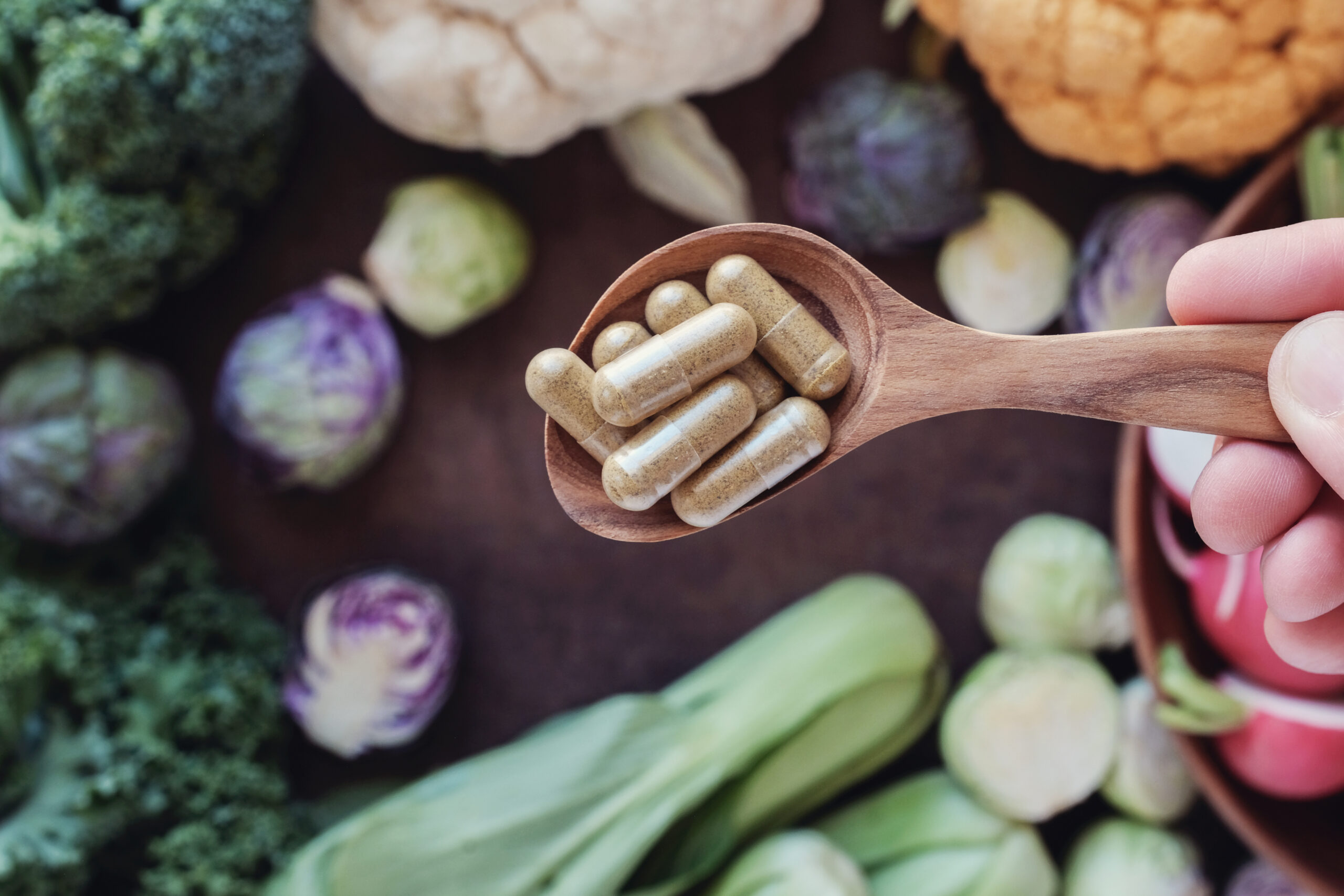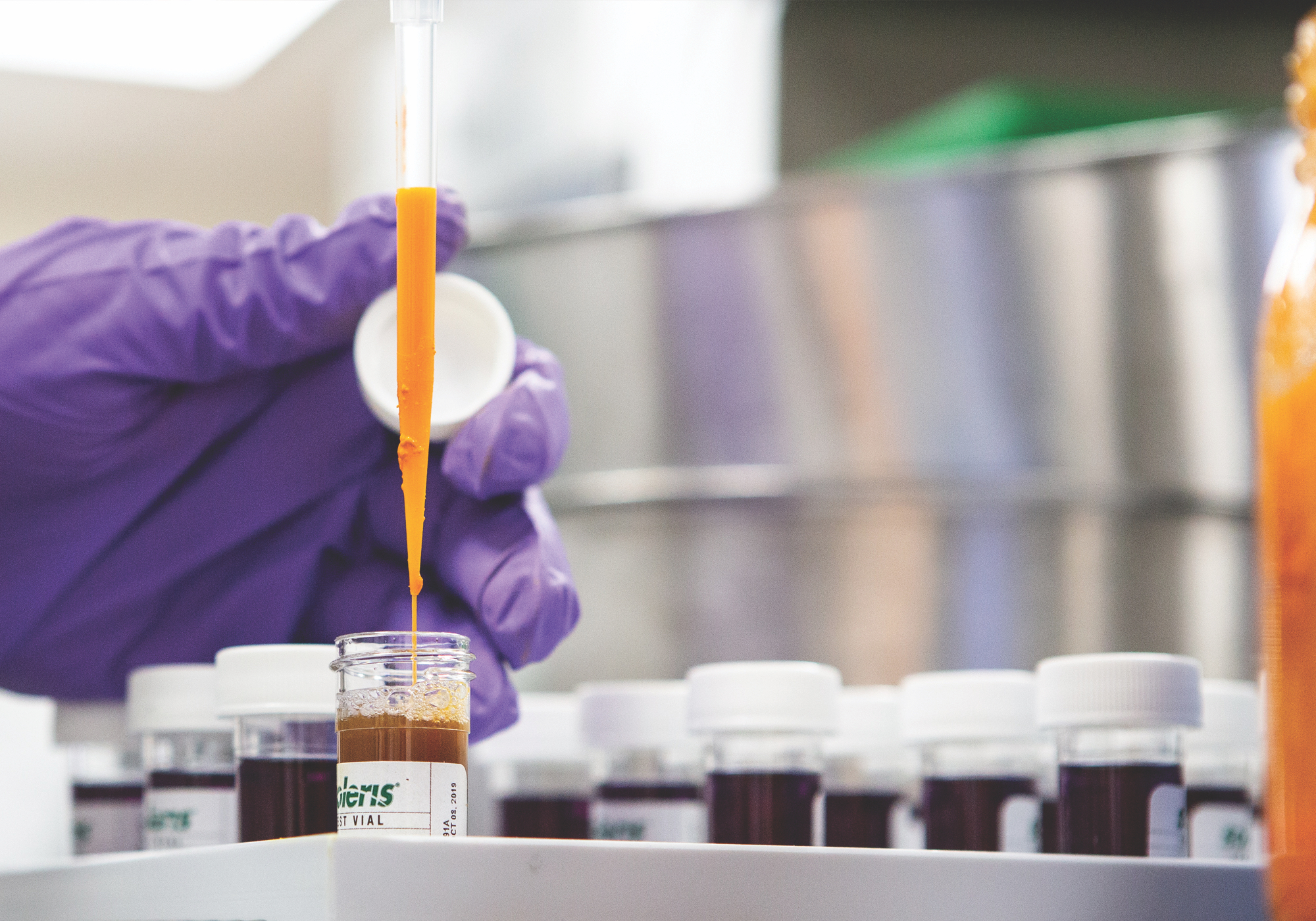Scientific name:Ulmus spp. (fulvus/rubra)
Constituents:
- Mucilage
- Polysaccharides (rhamnose & D-galactose), starch, cellulose & lignin
- Flavonoids (Catechins, taxifolin, kaempferol & quercetin)
- Nutrients (vitamins & minerals)
- Coumarin (fraxin)
- Starch, C
- Tannin
Medicinal actions:
- Anti-inflammatory
- Demulcent
- Diuretic (Soothing)
- Expectorant (Soothing)
- Laxative (Bulking/Osmotic)
- Nutritive
- Vulnerary (Emollient)
Mechanism of Action & Pharmacology:
- Mucilage & Polysaccharides are demulcent, expectorant, anti-microbial, and soothing and protective to mucous membranes (mouth, throat, digestive and by reflex action the urinary and respiratory tract). Will also stimulate phagocytosis and have anti-inflammatory and potential immunomodulating effects. As a form of soluble fiber has gentle bulking laxative effects and draws out toxins from the bowels.
- Water-soluble polysaccharides are found in a linear chain of alternating D-galacturonic acid and L-rhamnose residues joined by alpha linkages with side branches of galactose or 3-O-methyl-galactose. Mucilage forms a gelatinous solution when mixed with water and will swell 50–140 times its original volume when mixed with water. This may provide a direct soothing effect and provide a protective barrier against gastric acid on the digestive mucosa.
- Flavonoids have antioxidant and anti-inflammatory effects through reduced expression of iNOS and COX-2 enzymes.
Pharmacy:
- Cold Infusion
- Tincture
- Dried herb
- Gargle, Poultice, Syrup and as food
Safety & Toxicity Concerns:
- May cause some digestive upset (nausea, diarrhea)
- Avoid in excessive mucus congestion of the bronchioles or bowels.
- Contraindicated in intestinal obstruction. Mucilages taken in
- Capsule or tablet form should be taken with plenty of water to reduce the risk of esophageal obstruction.
Interactions:
- May theoretically interfere with the absorption of drugs & nutrients if taken simultaneously.

